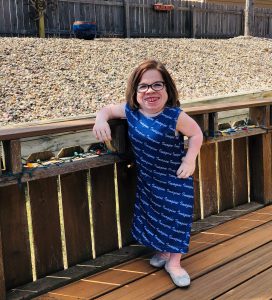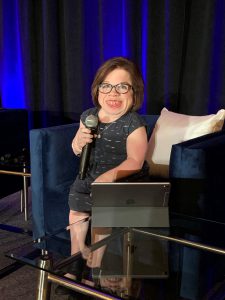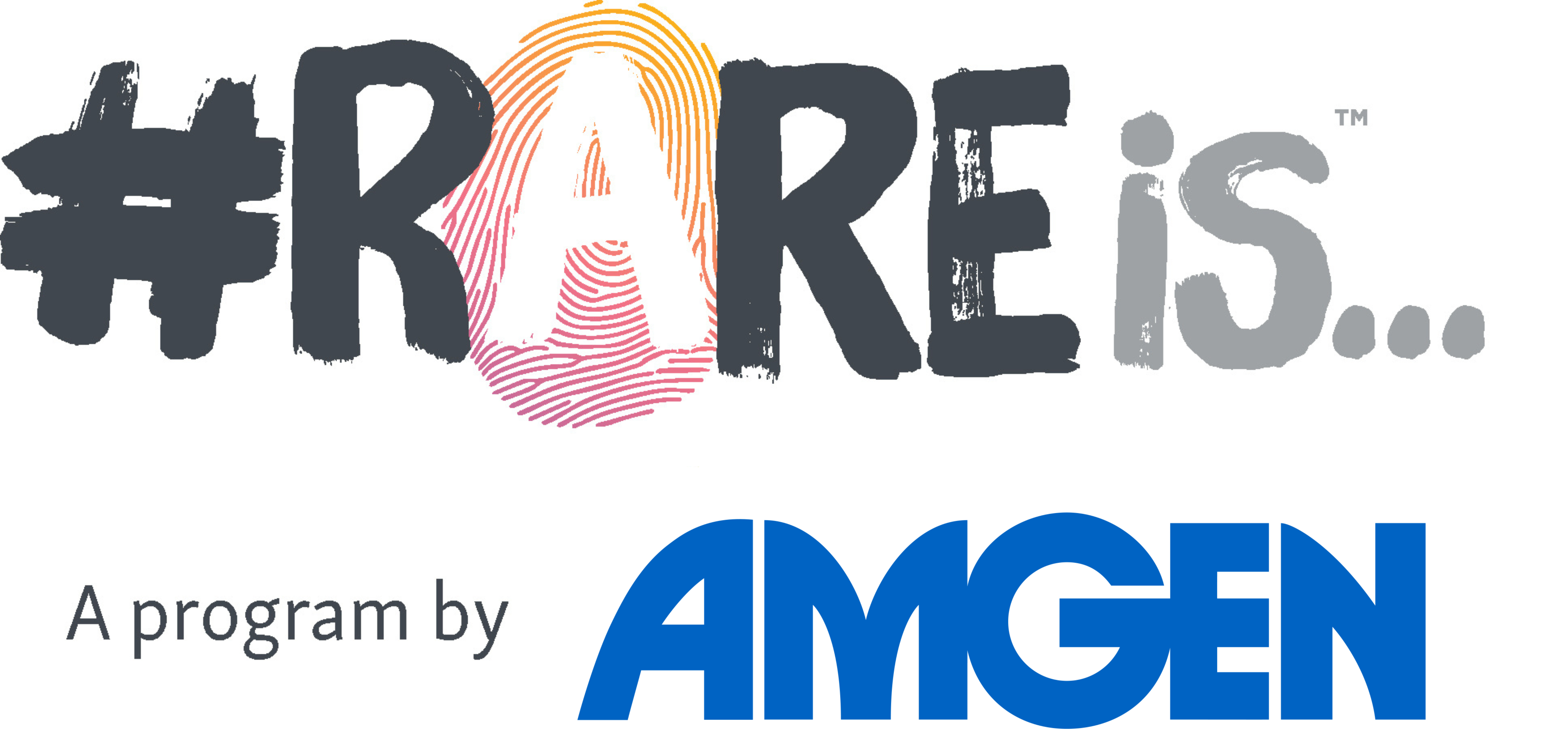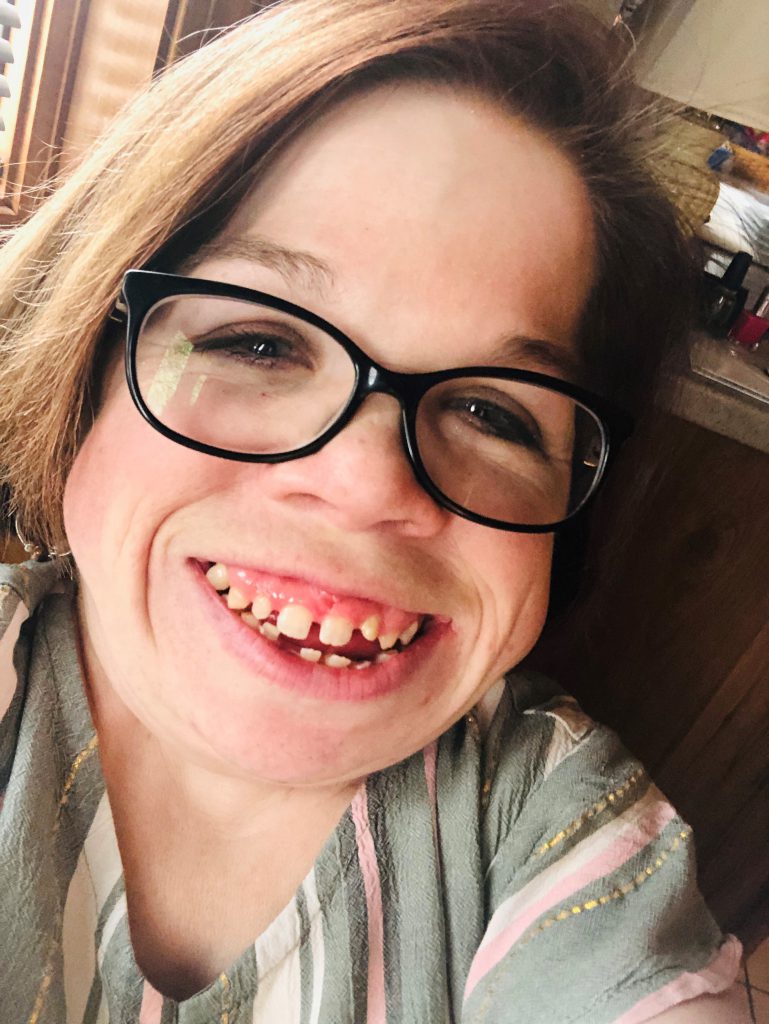Self-esteem issues young adults living with rare diseases face
What is your body image?
Are you active on social media? Do you watch TV or movies? Every day we’re surrounded by images that represent society’s perception of beauty and attractiveness—even though most images portray unrealistic, unattainable body types. This disconnect can challenge the ability to maintain a positive self-esteem and favorable body image. For people within the rare disease community, this disparity is often even greater.
It can be tough not to compare yourself to your peers, especially when you’re in middle school or high school—and even more so during swimsuit season. Being invited to pool parties while knowing you don’t even come close to looking like your peers in a swimsuit is daunting. For me, my rare disease wasn’t a huge deal to accept until boy/girl parties began. I was diagnosed at the age of four with mucopolysaccharidosis type VI (MPS VI), a rare disease caused by mutations in the ARSB gene that result in molecule buildup inside the lysosomes. The buildup causes tissues and organs to enlarge, and it can cause skeletal abnormalities. Becoming a teenager was when my confidence in my body image began to lessen.

For me, MPS VI left me much shorter than my peers. This meant that I had to buy clothes (including swimsuits) in the little girls’ section of stores, but I never let it stop me from attending parties or dances. However, I remember always keeping myself guarded for possible negative comments. I recall one time I was asked to dance, and I automatically thought the boy had been told to ask me because he felt sorry for me. I have never wanted pity, so I was quick to assume that I was being pitied. (Probably from watching too many “She’s All That” type movies at the time). It didn’t help that he was one of the popular boys in our class. I even asked him, “Who told you to ask me?” He responded, “No one.” I didn’t believe him, so in the end we didn’t dance. Part of me was also not sure how I’d dance with him due to him being much, much taller than I was. But a lot of it stemmed from me not having the confidence that a boy would want to dance with me or be associated with me. Since then, I’ve regretted the perception I held of myself at that time. It was certainly a learning moment in my life.
Building confidence and finding self-love
Today, I am still very short (I proudly stand just three feet tall) and am still shopping in the little girls’ section. Finding age-appropriate clothing items has always been something I’ve dealt with, and continue to manage to this day. For me, I began seeing my positive body image grow as I got older and my self-confidence grew. We have to accept ourselves and have self-love before others will see us the way we want them to see us. This is something we continue to do on a daily basis. There are days or months when we may struggle with this more than others. But it’s important to learn to love our imperfections and uniqueness…it’s all part of what makes us who we are.

Thankfully, advertisers have made progress in body image portrayal by featuring more realistic body types in their ad campaigns and through social media influencers. Culturally, we’re beginning to see more people opening up about how our imperfections make us beautiful. Personally, much of this has greatly impacted how I see myself. I know I was born the way I was for a reason, and that will not stop me from continuing to make an impact in the world. Talking negatively about my body and myself will get me nowhere, especially not where I see my life going. We need to celebrate and appreciate the bodies we were given. I want to leave you with an assignment: Beginning today, please start telling yourself two positive things about yourself every day. The two positive things I told myself today were, “You are caring and fun to be around!”
About Kendra Gottsleben
Kendra Gottsleben’s life has been defined by a positive outlook and success in overcoming obstacles. This also means Kendra refuses to be defined by mucopolysaccharidosis type VI (MPS VI). She is a South Dakota native and a 2010 Augustana University graduate with a bachelor’s degree in sociology and psychology. Kendra is the marketing communications specialist at the Center for Disabilities within the Sanford School of Medicine at the University of South Dakota. Her career blends the two worlds in which she grew up: medicine and education. Her ambition is to be a helpful resource and provide support for families and children who have severe or life-threatening illnesses or disabilities. One life accomplishment she’s most proud of is participating in phase II of an MPS VI clinical research enzyme trial in Oakland, California in 2002.
Kendra was featured as an inspirational speaker at TEDx Sioux Falls. In 2013, she was featured as one of the Young Leaders of the Year by 605 Magazine. In 2012, Kendra self-published her first book, Live Laugh Lemonade: A Journey of Choosing to Beat the Odds, in which she shares events in her life contending with MPS VI. Kendra discusses living, laughing and taking the lemons that life has served up and making them into lemonade. She also self-published her second book in 2014, a children’s story titled Kendra’s Lemonade. The character shows how people can persevere to make the best of tough situations, even in the face of real and lifelong challenges without comparing yourself to others; just do your best and have fun! She most recently worked with Includas Publishing on her third book, titled Kendra’s Perfect Dance Routine, where the main character learns how we all can be perfect in our own unique way.

